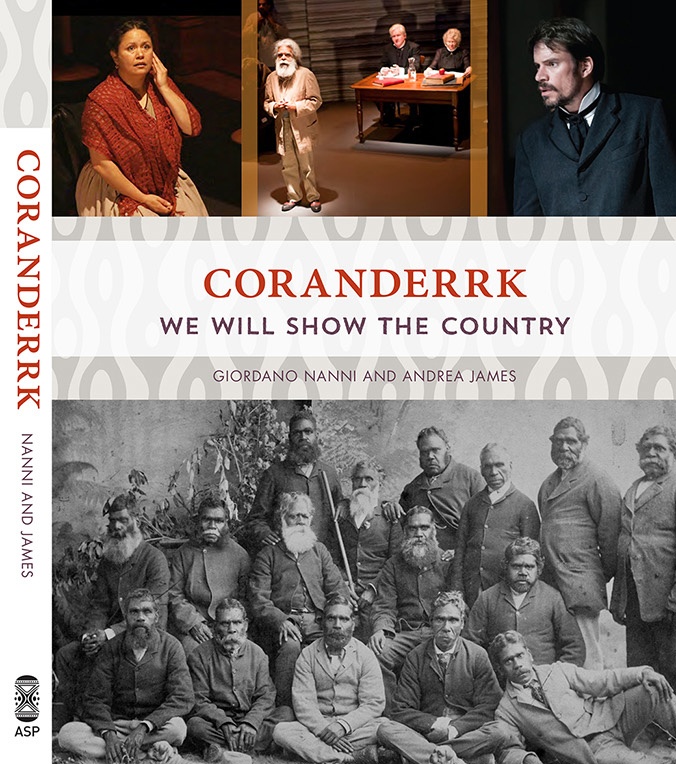 Kokilavany is contesting in the Sri Lankan parliamentary election in 2015 on behalf of the All Ceylon Tamil Congress Party, which is part of the Tamil National People’s Front (TNPF). She spoke to Lalitha Chelliah on Community Radio 3CR's Tamil Manifest program on August 1.
* * *
Kokilavany is contesting in the Sri Lankan parliamentary election in 2015 on behalf of the All Ceylon Tamil Congress Party, which is part of the Tamil National People’s Front (TNPF). She spoke to Lalitha Chelliah on Community Radio 3CR's Tamil Manifest program on August 1.
* * *
1065
 Kokilavany is contesting in the Sri Lankan parliamentary election in 2015 on behalf of the All Ceylon Tamil Congress Party, which is part of the Tamil National People’s Front (TNPF). She spoke to Lalitha Chelliah on Community Radio 3CR's Tamil Manifest program on August 1.
* * *
Kokilavany is contesting in the Sri Lankan parliamentary election in 2015 on behalf of the All Ceylon Tamil Congress Party, which is part of the Tamil National People’s Front (TNPF). She spoke to Lalitha Chelliah on Community Radio 3CR's Tamil Manifest program on August 1.
* * *
Fidel Castro, the historic leader of the Cuban Revolution, used the occasion of his 89th birthday on August 13 to pen a statement demanding US compensation for damages caused to the Caribbean island for its decades-long blockade.
Reflecting on history, Castro wrote: “We will never stop fighting for peace and the wellbeing of all human beings.
In an election where almost every presidential hopeful sought to stake their claim as the candidate for change, it was the incumbent Kirchnerista forces — for the first time headed by neither late former president Nestor Kirchner nor sitting President Cristina Kirchner — that came out in front.
Argentine voters went to the polls on August 9 to cast a ballot in the presidential primaries — a legally required first step towards running in the upcoming presidential elections in October.
The Sudanese Armed Forces (SAF) and the National Intelligence and Security Services (NISS) have forcibly relocated more than 25,000 Ingessana people from the Bao region in Blue Nile between April and July.
The relocations to other parts of the state are part of a deliberate campaign of ethnic cleansing designed to weaken opposition to the SAF’s armed offensive in the region. Blue Nile in Sudan’s south, along with neighbouring state South Kordofan, has been subjected to a concerted SAF aerial and ground assault since 2011.
 Coranderrk: We Will Show The Country
By Giordano Nanni & Andrea James
Starring Uncle Jack Charles, Jim Daly & Syd Brisbane
La mama Courthouse, Melbourne
Until August 23
Tour around Victoria, Sept 8-19
Tickets www.lamama.com.au
A new theatre show will tell the story of a lesser known struggle of the First Nations.
Coranderrk: We Will Show The Country
By Giordano Nanni & Andrea James
Starring Uncle Jack Charles, Jim Daly & Syd Brisbane
La mama Courthouse, Melbourne
Until August 23
Tour around Victoria, Sept 8-19
Tickets www.lamama.com.au
A new theatre show will tell the story of a lesser known struggle of the First Nations.
 The explosion of anger and protest on the streets of a Missouri city one year ago has transformed the United States political landscape in ways that are hard to understate, the US Socialist Worker said in this August 5 editorial.
* * *
The explosion of anger and protest on the streets of a Missouri city one year ago has transformed the United States political landscape in ways that are hard to understate, the US Socialist Worker said in this August 5 editorial.
* * *
Vermont Senator Bernie Sanders’ campaign to become the Democratic Party’s presidential candidate for next year's race has broken into the mainstream.
Pitching left, Sanders consistently draws far larger crowds to hear him speak than any other aspirant in either the Democratic or Republican parties. Polls show his support is climbing, and in one state, New Hampshire, he has moved ahead of the Democratic front-runner, Hillary Clinton. He may win some states in the Democratic primaries.
“The only cost-effective way to stop illegal immigrants trying to storm through the Channel Tunnel is to set up a machine gun and take out a few people,” Steve Uncles, the extreme right-wing English Democrats' candidate for the post Kent Police and Crime Commissioner, wrote in an August 4 Facebook rant.
“[T]hat would stop it very quickly and immediately cut dead this tactic … who has got the guts to do this in our politically correct society?”
Tony Abbott is a man of principle, so long as that principle is resisting the 21st century, says Carlo Sands.
In 1972, Aboriginal rights campaigners successfully pressured the Whitlam Labor government to grant funds for the Aboriginal Housing Company to begin buying houses in Redfern for low-cost housing for Aboriginal people. Now, Redfern Aboriginal Tent Embassy (RATE) is fighting for The Block to retain this role instead of being sacrificed to greedy developers.
Ecuadorian President Rafael Correa and social movements behind Ecuador’s “Citizens' Revolution” are engaged in yet another battle against the South American country's entrenched elites.
Supporters of Correa marched through the capital of Quito on August 12 to the presidential palace, where they intend to maintain a permanent presence to help defend the elected government.
The next day, violent opposition protests led to 86 police officers being injured, the interior ministry said, along with 20 civilians and three members of the press.
The great power of Vincent Lingiariʼs story is that it teaches us how this land sings to us all, how it holds us and nurtures us. This is the common ground that we share.
When the Gurindji leader and his people walked off Wave Hill Station, camping by the Victoria River and then eventually by Wattie Creek at Dagaragu almost half a century ago, they understood that the land was their birthright and their destiny.
- Page 1
- Next page







